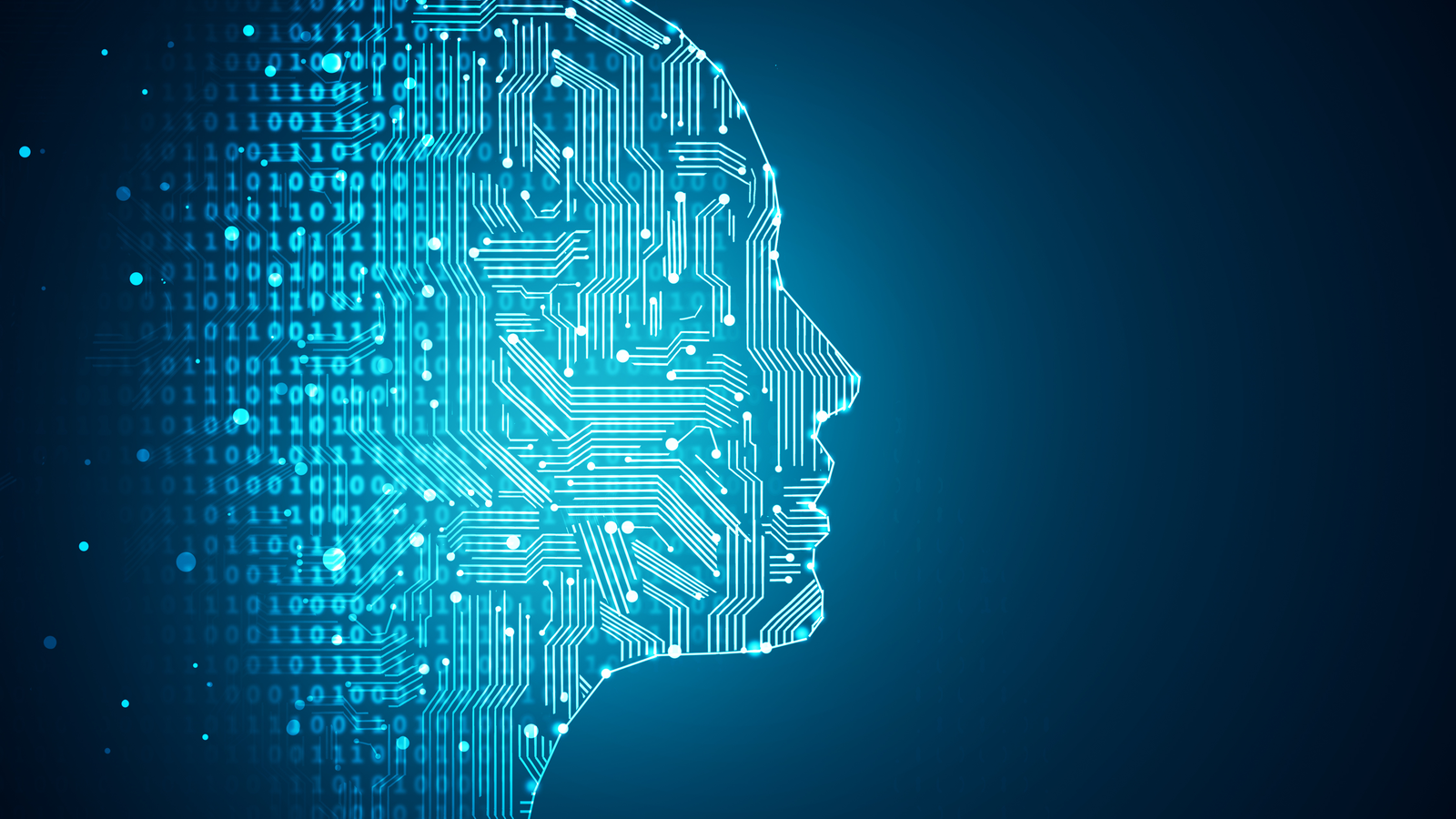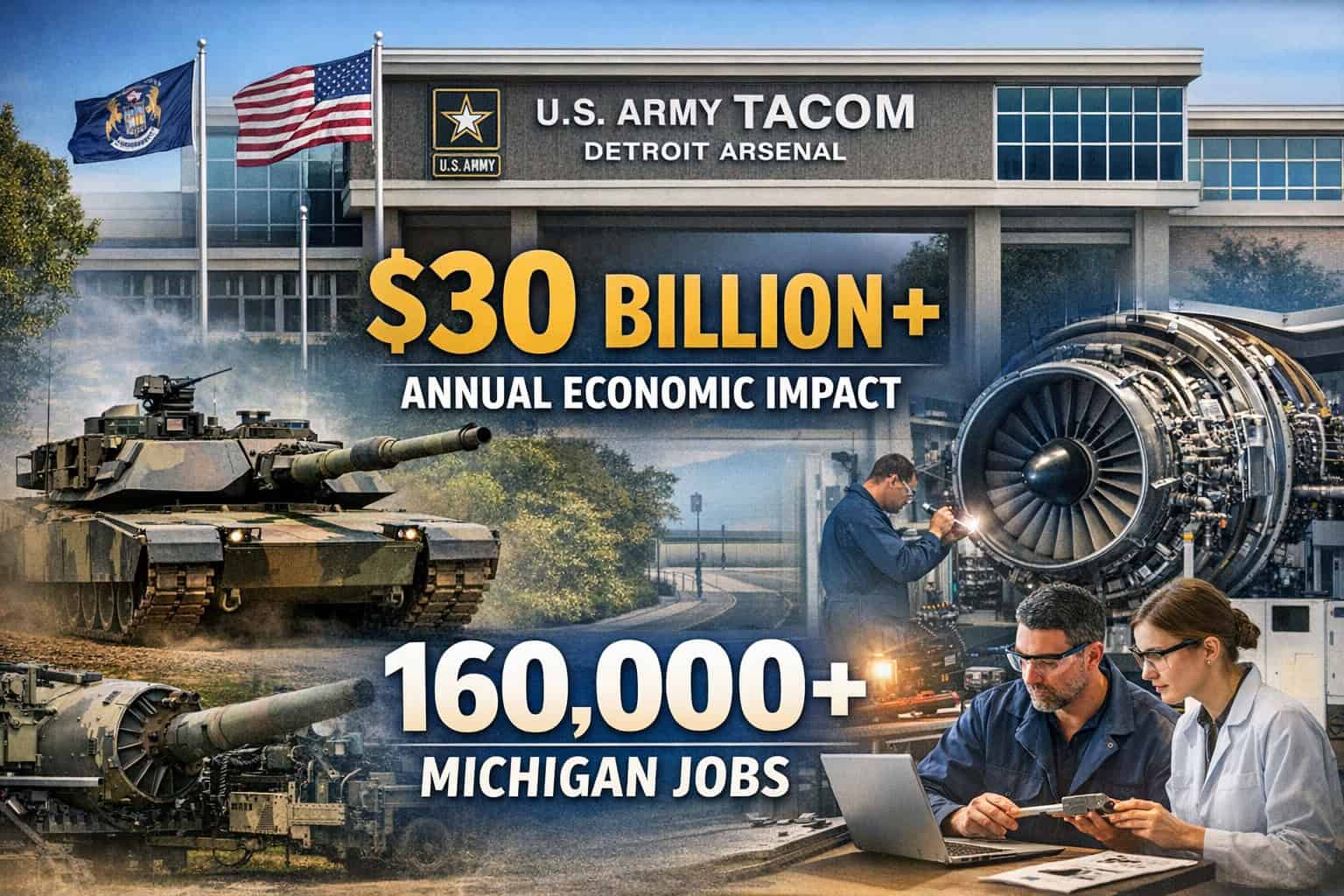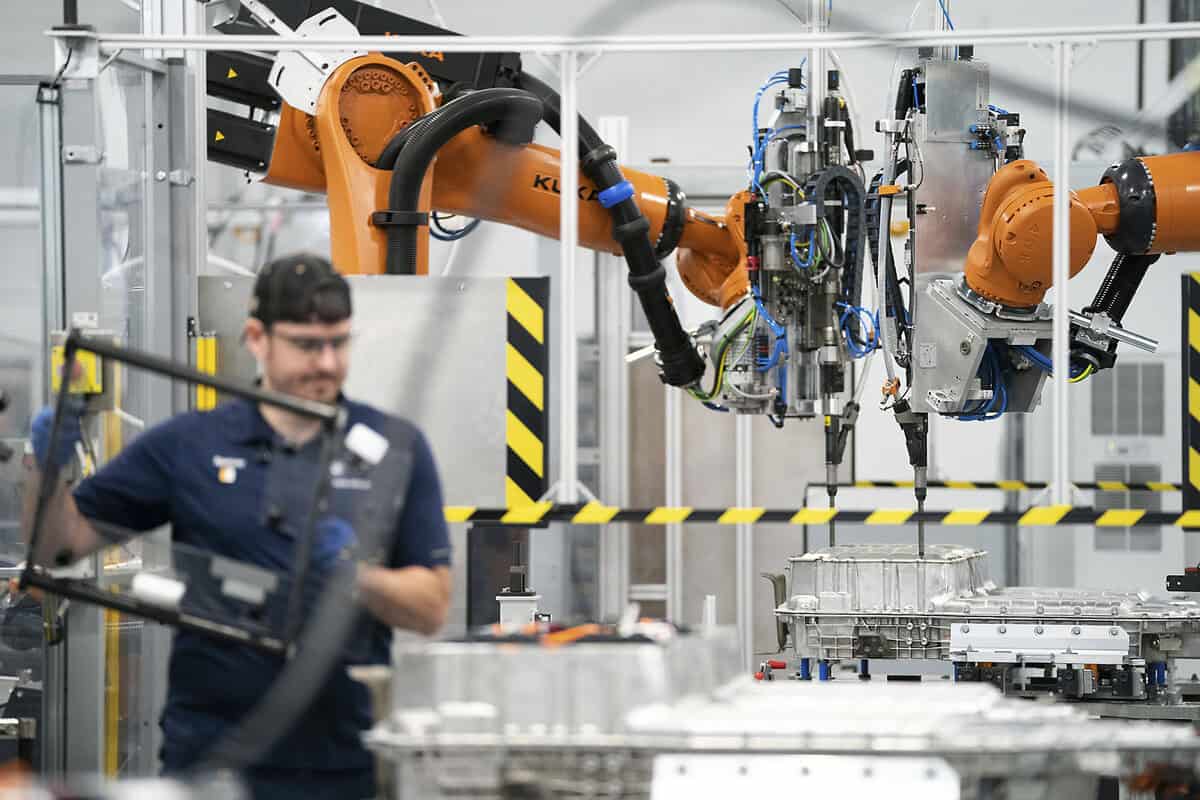BOSTON – Artificial intelligence is still costly to replace most human jobs, according to a study by the Massachusetts Institute of Technology.
The MIT Beyond AI Exposure study said, “Machines will steal our jobs” is a sentiment frequently expressed during times of rapid technological change. “Such anxiety has re-emerged with the creation of large language models (e.g. ChatGPT, Bard, GPT-4) that show considerable skill in tasks where previously only human beings showed proficiency,” it said Monday.
It found only 23% of worker compensation “exposed” to AI computer vision would be cost-effective for companies to automate because of the large upfront costs of AI systems. Here you can read how does computer vision work?
“Conversely 77% of vision tasks are not economical to automate if a system can only be used at the firm-level. This contrast makes it clear that the cost-effectiveness of AI models will likely play an important role in the proliferation of the technology,” it added.
The study said even if an AI computer system costs $1,000, there are still tasks that are not economically attractive to replace, such as low-wage occupations and work in small firms.
It added that AI could be made more attractive through decreases in the cost of deployments or by increasing the scale at which deployments are made.
“Overall, our model shows that the job loss from AI computer vision, even just within the set of vision tasks, will be smaller than the existing job churn seen in the market, suggesting that labor replacement will be more gradual than abrupt,” it added.
This story appeared in AA







